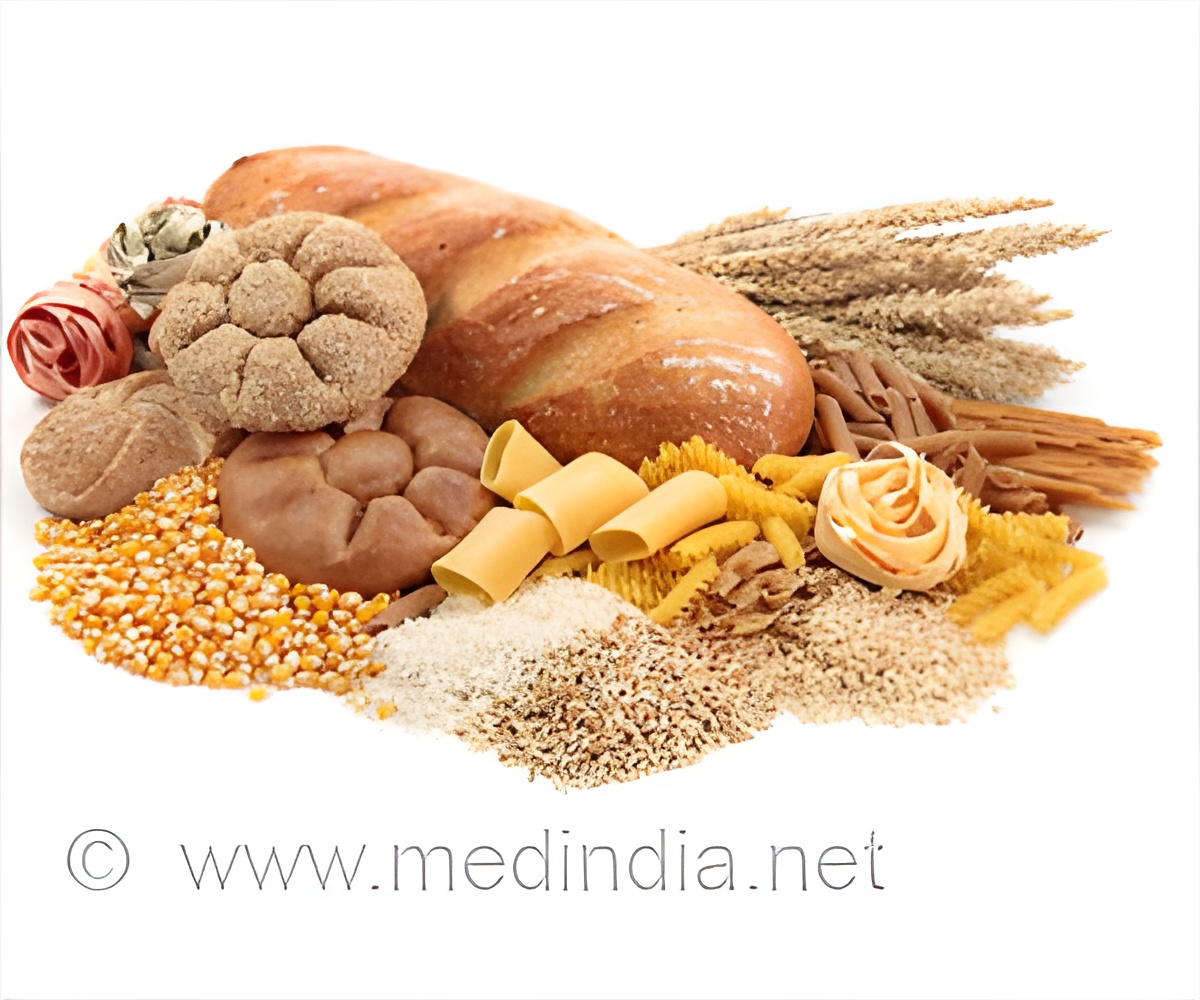
While in low and middle-income countries, cereal grains (oats, rice, barley, and wheat) make up 70% of the daily caloric intake, they make up only 50% of the daily caloric intake across the world.
Whole grains are higher in vitamins, minerals, dietary fiber, and essential fatty acids than refined grains. Prior research has shown an association between high whole-grain intake and low risk of cardiovascular disease and death. However, no clear associations were found for refined grains. This study aimed to assess the association between intakes of refined grains, whole grains, and white rice with cardiovascular disease (CVD) and mortality.
This study analyzed data from 137,130 people aged 35 to 70 years across 21 low, middle, and high-income countries without any heart disease history. Data on white rice was examined separately because more than 60% of the population lived in Asia, where rice is a staple food.
Information was collected on participants' education, lifestyle, wealth, and medical history at the start of the study. Validated food questionnaires were used to obtain information on the intakes of refined grains, whole grains, and white rice. Deaths from cardiovascular causes or serious cardiovascular events (heart attack, stroke, and heart failure) were tracked over an average period of 9.4 years.
Findings showed that the highest category of intake of refined grains (at least 350 g or about seven servings per day) was associated with a 27% higher risk of death and a 33% higher risk of serious cardiovascular events compared with the lowest category of intake (less than 50 g per day). High intakes of refined grains were also associated with higher blood pressure. No significant associations were found between intakes of whole grains or white rice and health outcomes.
Limitations of the study include relying on recall for food questionnaires, which may have affected the accuracy of results, and that cause can't be established because this is an observational study.
However, since the data came from 21 countries from five continents, and the fact that the researchers were able to analyze broad patterns means that results hold weight and are widely applicable to populations worldwide.
Researchers suggest that, globally, a lower intake of refined products should be encouraged while promoting a higher intake of whole grains. Source-Medindia














